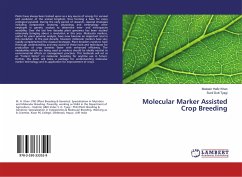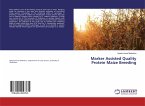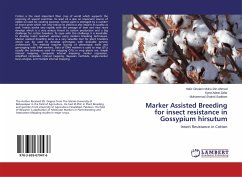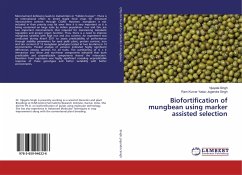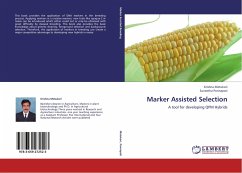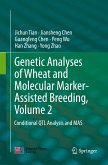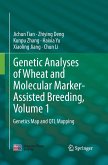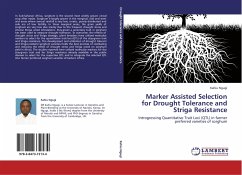Plants have always been looked upon as a key source of energy for survival and evolution of the animal kingdom, thus forming a base for every ecological pyramid. During the early period of research, classical strategies including comparative anatomy, physiology and embryology were employed in genetic analysis to determine inter- and intra-species variability. Over the last few decades plant genomics has been studied extensively bringing about a revolution in this area. Molecular markers, useful for plant genome analysis, have now become an important tool in this revolution. In the past decade, however, molecular markers have very rapidly complemented the classical strategies. Plant breeders needs to have thorough understanding and easy access of these tools and techniques for production of crop varieties faster with enhanced efficiency. The metabolites which are being used as markers should be ideally neutral to environmental effects or management practices. This textbook will act as an ¿Instant Notes¿ on molecular breeding for anytime use in future. Further, this book will make a package for understanding molecular marker technology and its application for improvement of crops.

